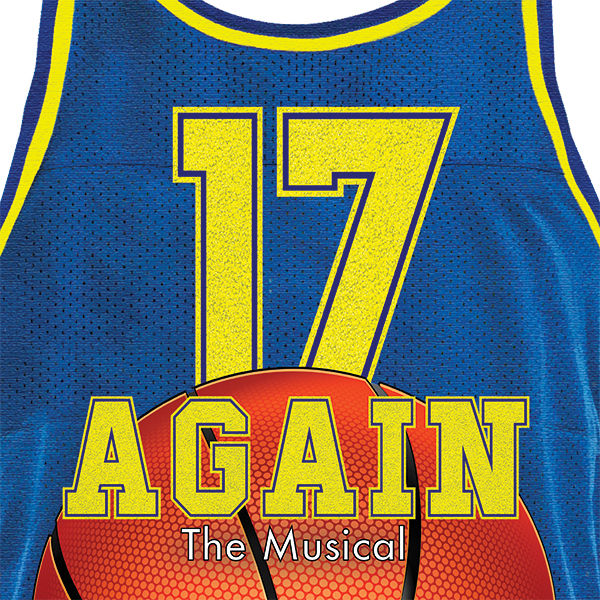REVIEW: The Children - A Moveable Theatre
- Jun 10, 2025
- 4 min read

The Children By Lucy Kirkwood
Directed by: Heidi Gledhill
Produced by: A Moveable Theatre and Amanda McErlean
Presented by: PIP Theatre
“Hi! Are you well? Would you like to come and get cancer with me?”
Lucy Kirkwood’s The Children invites us into a world that’s both domestic and apocalyptic; where former colleagues sip wine, air old grievances, and quietly confront the question of what we owe the next generation. Inspired by the real-world echoes of the 2011 Fukushima disaster, this “nuclear-powered dark comedy” is less boom and more slow burn—haunting, human, and surprisingly intimate.

The story centres on Hazel and Rob, two retired nuclear engineers living in quiet isolation near a radioactive exclusion zone after a natural disaster-turned-nuclear catastrophe reshaped their world. Their familiar, slightly strained routine is disrupted by the unexpected arrival of Rose—an old colleague they haven’t seen in nearly forty years, and who they’d long assumed was dead. What begins as a small-talk reunion quickly shifts into a gripping moral standoff, as Rose presents a proposition that forces Hazel and Rob to confront uncomfortable truths about sacrifice, accountability, and the legacy they’ll leave behind.
Despite the enormous, almost apocalyptic backdrop, The Children is a deeply personal conversation between old friends; albeit one steeped in decades of grief, guilt, resentment, and tension simmering just beneath the surface. The three actors, Amanda McErlean (Rose), Julia Johnson (Hazel), and Terry Hansen (Rob), deliver a delicious dynamic that captures the emotional complexity of their characters intertwined pasts, unresolved present, and uncertain future.


Julia Johnson’s performance as Hazel is quietly magnetic—measured and meticulous, with an undercurrent of anxiety that never quite settles. She perfectly captures Hazel’s fierce pragmatism and subtle righteousness, especially as the character tries to maintain order in a world that’s long since spiralled out of her control. Her blend of sharp intelligence, self-preservation, passive-aggressive wit, and weary caution makes Hazel both frustrating and deeply human. Her monologue near the end is phenomenal: tense, real, and emotionally layered.

Hazel’s vivid recounting of the disaster—the earthquake, tsunami, the reactors exploding, and the chaos of returning to a home swallowed by water and mud—was incredibly affecting. It brought back sharp memories for me. No, I wasn’t in Japan, but my own home went under in the 2011 Brisbane floods, and I’ll never forget the mess, the smell, and the overwhelming sense of displacement. Though the play’s catastrophe is fictional and set in Australia, its emotional truth hit me like a wave. Hazel and Rob abandoned their home, their farm, their cows, and their former lives—feeling too old and too overwhelmed to start again.
Amanda McErlean’s Rose arrives like a ghost from the past with a proposition that’s hard to refuse, and even harder to accept. Amanda plays her with silent intensity, carrying the heavy guilt of a generation who left behind more mess than solutions. Her delivery of, “We can’t have everything we want just because we want it,” is one of several truth bombs that lingers from the script. I could truly see both sides of the debate between her and Hazel. I don’t know what I would do in their position either. The two women are fascinating opposites: Hazel, clinging to the comforts of routine and the illusion of control; Rose, desperate to do something meaningful before it’s too late for “the children.”

Terry Hansen’s Rob provides comic relief and emotional grounding. His natural charisma and dry humour are perfectly executed, adding levity without ever undercutting the gravity of the story. I especially loved his witty exchanges with Hazel; their affectionate insults landing like a long-married couple who’ve weathered both disasters and dinner parties. He also injects a surprising tenderness to the role, stepping in with emotional steadiness when it counts. On a personal note, I used to listen to Terry every morning on the 97.3 breakfast radio show during my hour-long drive to high school, so seeing him live on stage felt like a nostalgic little thrill. His comic timing landed beautifully—especially with the older audience, who laughed knowingly at many of his jabs about marriage and ageing.
Without consistent power or clean water, the characters survive on salads, bread, and homemade wine (which fuels much of the passive-aggressive digs between the women). The dialogue is tightly written, layered, and rich with subtext. Much remains unspoken, which makes the slow reveal of emotional history and long-held resentments all the more powerful. Themes of environmental responsibility, intergenerational sacrifice, and the creeping burden of ageing permeate the conversation.
The set design by Helena Trupp complements the tone perfectly. The simple cottage interior feels lived-in and homely, yet oddly wrong, being perched on the edge of a radioactive no-go zone. Her beautifully designed video backdrop of a changing sky and looming power lines serves as a subtle reminder of the radiation and electricity still lingering in their world.

Director Heidi Gledhill maintains a deliberate yet engaging pace, allowing the characters to develop and the tension to build gradually without feeling sluggish. One of the play’s most piercing lines is delivered by Rob: “You have a duty to that girl to fuck off at some point.” It’s a brutal and candid statement—a reminder of our mortality and the terrifying reality that we won't always be there to guide and protect our loved ones.

By the time the ending arrives, equally open-ended, bleak, and hopeful, it feels deeply earned. The Children doesn’t spoon-feed you answers. It simply hands you the weight of its question and lets you carry it out of the theatre. It asks what we owe future generations, what we’re willing to give up, and whether any choice we make today can truly undo the damage already done.
If you’re drawn to smart, character-driven drama with moral complexity and a sprinkle of dark humour... this is for you.
Photography by Kris Anderson (Images by Anderson) and Naz Mulla Photography








Comments